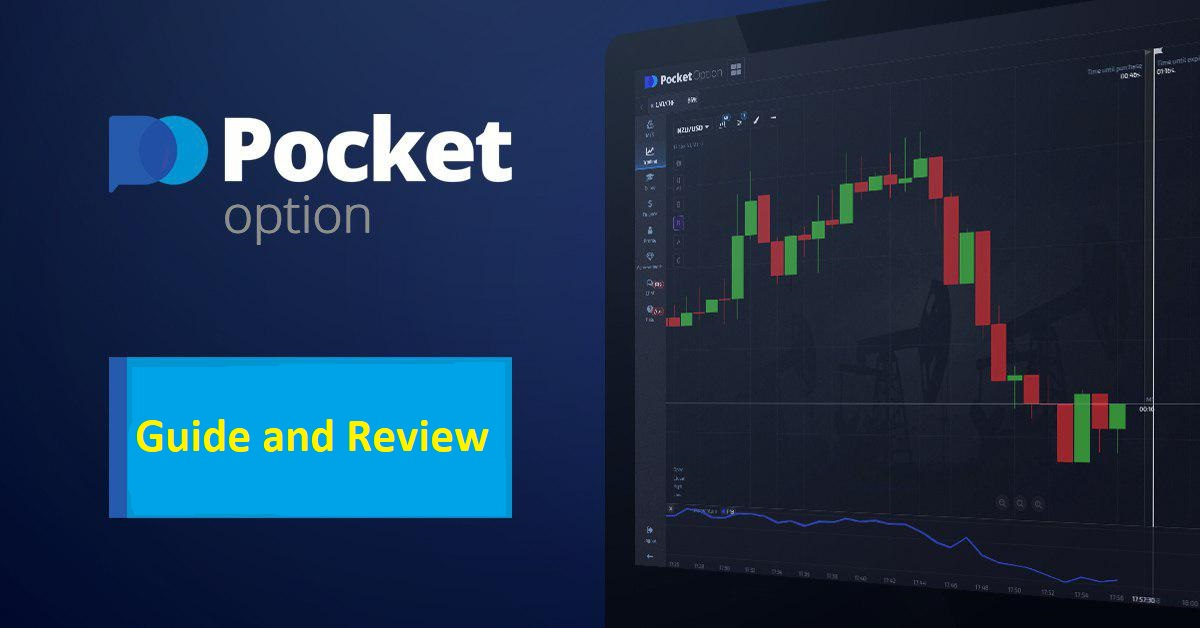
Pocket Option is a prominent player in the online trading arena, and understanding its regulatory environment is crucial for traders. This article delves into the intricacies of Pocket Option Licenses lisensi Pocket Option and how they affect users’ trading experiences.
Pocket Option Licenses: A Comprehensive Overview
As the digital trading landscape evolves, regulations governing online trading platforms have become increasingly important. With numerous platforms available, it is vital for traders to choose a broker that is both reliable and compliant with international regulations. Pocket Option, known for its innovative trading solutions, has established itself in this competitive space, but what does its licensing situation mean for prospective and current traders?
The Importance of Licenses in Online Trading
Licenses act as a safeguard for traders, ensuring that brokers operate under strict guidelines to protect clients’ interests. Regulatory bodies enforce various standards to maintain fairness, transparency, and security in trading practices. Thus, understanding the licenses held by a trading platform can give users insight into its reliability.
Pocket Option is regulated by the International Financial Market Relations Regulation Center (IFMRRC). This organization oversees the operations of numerous brokers in the forex and binary options market, ensuring that they adhere to established standards. However, it is essential to note that the IFMRRC is not as widely recognized as some other regulatory bodies such as the Financial Conduct Authority (FCA) in the UK or the Commodity Futures Trading Commission (CFTC) in the US. As a result, while Pocket Option’s licenses provide a level of security, traders should conduct their due diligence.
Pocket Option’s Regulatory Environment
As with any financial entity, understanding the specific regulations that Pocket Option operates under is fundamental. The licenses granted to Pocket Option by IFMRRC allow it to provide a range of trading services, including binary options and forex trading, to clients in various regions worldwide.
The IFMRRC requires its brokers to adhere to strict capital requirements and to maintain transparency in their operations. This includes regular audits and reporting, which helps ensure a healthy trading environment for users. Although this license offers a degree of protection, it is still essential for traders to be aware of the limitations that may accompany such regulation.

Benefits of Trading with a Regulated Broker
Choosing to trade with a regulated broker like Pocket Option comes with multiple advantages:
- Security of Funds: Regulated brokers are typically required to keep client funds in segregated accounts, ensuring protection against broker insolvency.
- Transparent Operations: Regulatory bodies mandate regular disclosures, helping traders to better understand the risk and reward associated with their trading activities.
- Dispute Resolution: In case of conflicts, traders have access to regulatory frameworks that facilitate the resolution of issues between brokers and clients.
Understanding the Risks Involved
While regulation provides a layer of security, trading itself comes with inherent risks that cannot be entirely mitigated by licenses. Factors such as market volatility, economic conditions, and broker-specific policies can all influence trading outcomes. As a result, traders must approach the markets with caution and employ effective risk management strategies.
Moreover, it is important to consider that a license does not automatically guarantee profit or success in trading. Traders must take the time to educate themselves on market dynamics, develop trading strategies, and continuously refine their skills. Utilizing demo accounts and educating oneself through various resources available online can be instrumental in becoming a successful trader.
Exploring Alternative Regulations
Given that Pocket Option operates under IFMRRC, it is essential for traders to recognize the differences between various regulatory bodies. For example, brokers under FCA or CySEC enjoy a high level of trust due to their rigorous standards. Traders may consider looking into brokers with a more robust regulatory background if they prioritize high regulatory oversight.
Additionally, it’s crucial to differentiate between offshore brokers and those regulated by more well-known jurisdictions. Offshore brokers may offer attractive trading conditions and high leverage; however, these can come with stringent risks. By understanding the regulatory framework in which a broker operates, traders can make informed decisions about where to allocate their capital.
Conclusion: Making Informed Trading Decisions
Ultimately, the licenses held by Pocket Option play a pivotal role in fostering a sense of security among traders. The regulation provided by IFMRRC helps to ensure that the company adheres to certain standards, but it is still advisable for traders to be fully informed about the risks and conditions involved when engaging with any broker.
In the ever-evolving world of online trading, knowledge is power. It is essential for traders to remain informed about regulatory changes, broker licensing, and market trends. Whether you choose to trade with Pocket Option or another broker, being equipped with the right information will significantly enhance your trading experience and help you navigate the complexities of the financial markets with confidence.